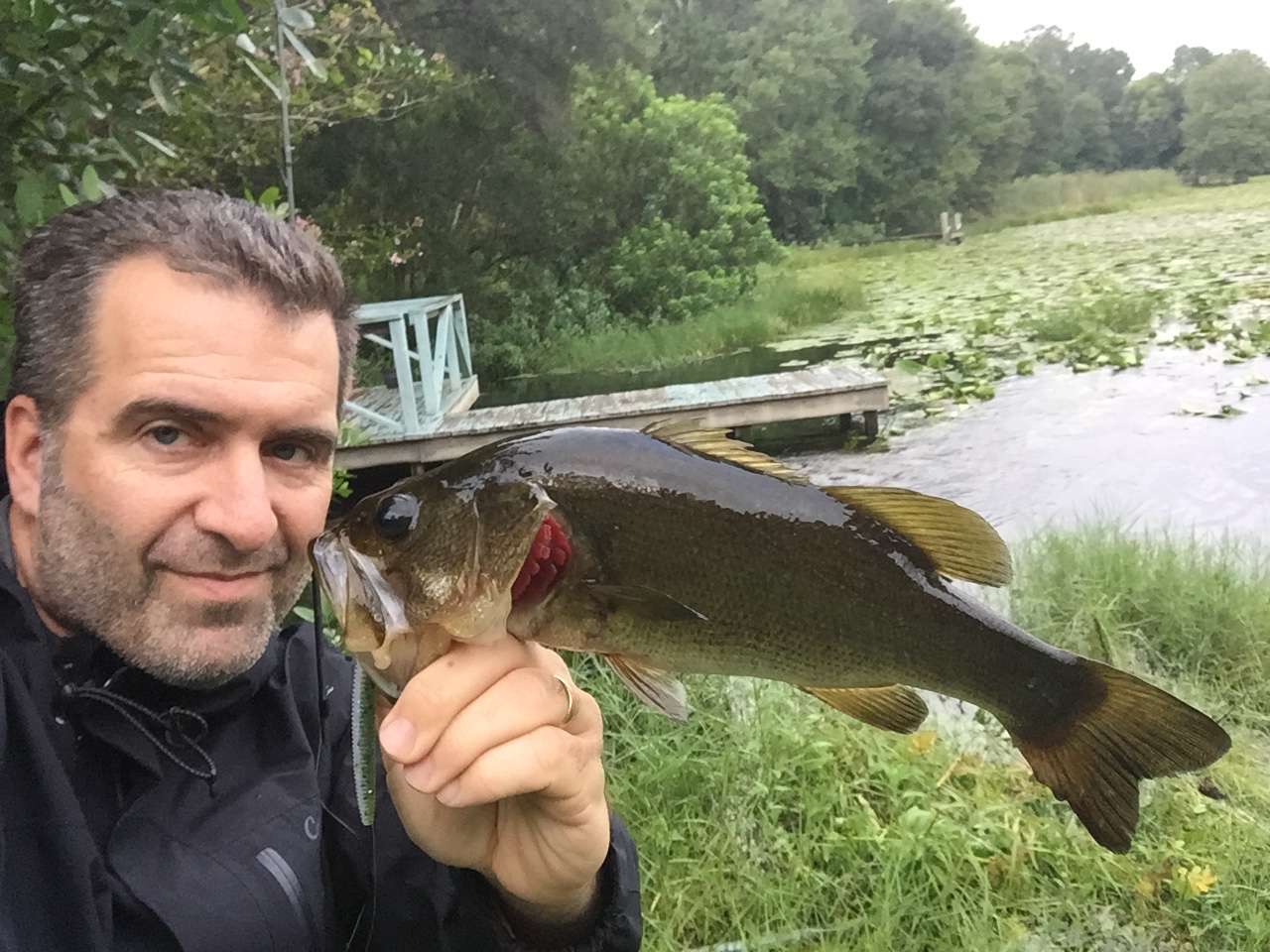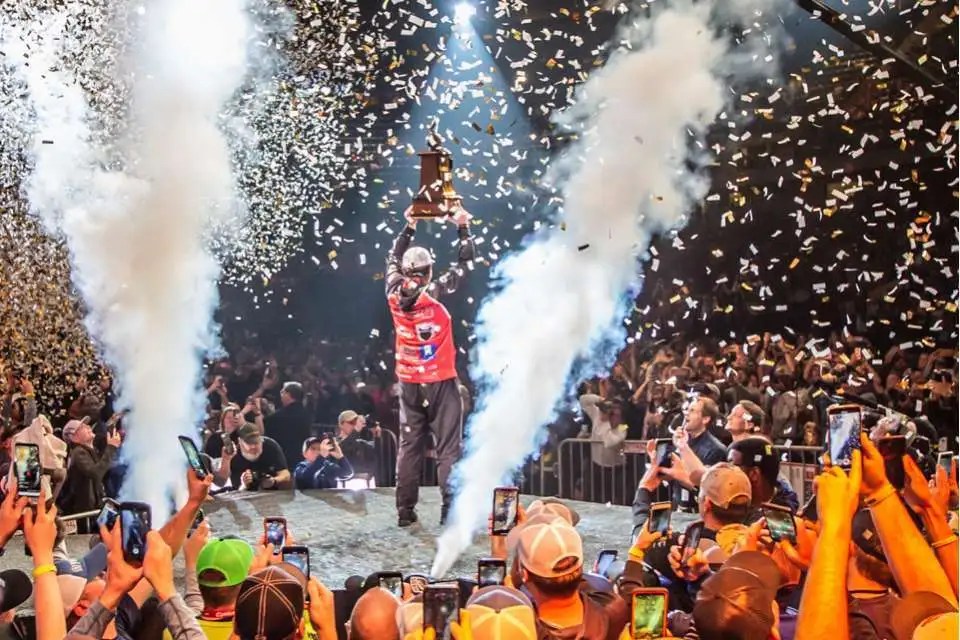
It’s the definition of pressure cooker: An indescribable level of commitment, sacrifice and diligence goes into reaching the Bassmaster Classic; the buildup swells, expectations bubble over, and then it zips past in the blink of an eye.
You wait for it, dream about it. Once you’re there, all those grueling days on the water, the endless highway miles, the late-night repairs, the worry, the joy, the heartache, the exhaustion — it all comes down to three days of your life. Such will be the case at the 2023 Academy Sports + Outdoors Bassmaster Classic presented by Toyota.
This is why the Classic will always be the sport fishing industry’s pinnacle event. It demands your best, then it defines the best.
Everyone has a different style, perspective and personality, but the Classic is the essence of go-big-or-go-home.
“When you have to catch 15 fish to win rather than 20 (for a four-day Elite Series event) to win, you can lean on spots,” said two-time Classic winner Hank Cherry. “There have been comeback victories, but what you’re trying to do at the Classic, is blast ‘em on Day 1 and get the biggest lead you possibly can.
“That’s what I figured out. Everybody says ‘You can’t win the Classic on the first day, but you can lose it.’ If you go out and do your job, you can put yourself in contention to win it on the first day.”
Perspective and purpose
As Cherry points out, a single day may not sound like much, but a lot can happen in another eight hours of fishing. Magical flurries happen, giant kickers happen and worst-to-first Cinderella stories happen.
A three-day event could certainly see such things, but Cherry believes that going hard from the first moment to the last minimizes the chances of being overtaken by the long shot.
This strategy rewarded the 11th-year Elite in March 2020, when Cherry earned the first of his back-to-back Classic titles after anchoring his wire-to-wire Lake Guntersville win with a huge Day 1 lead. After seven Classic appearances (he also won the 2021 Classic on Lake Ray Roberts), Cherry’s all-in for the no-mercy mindset.
“It’s a three-day cage fight,” Cherry said of his Classic mindset. “The tournament is in overdrive because the days and nights seem shorter because you’re (juggling) what you have to do, where you have to be with sponsor obligations and seeing your family. The Classic launch and weigh-ins are usually never near each other, so it’s an all-out sprint to the end.”
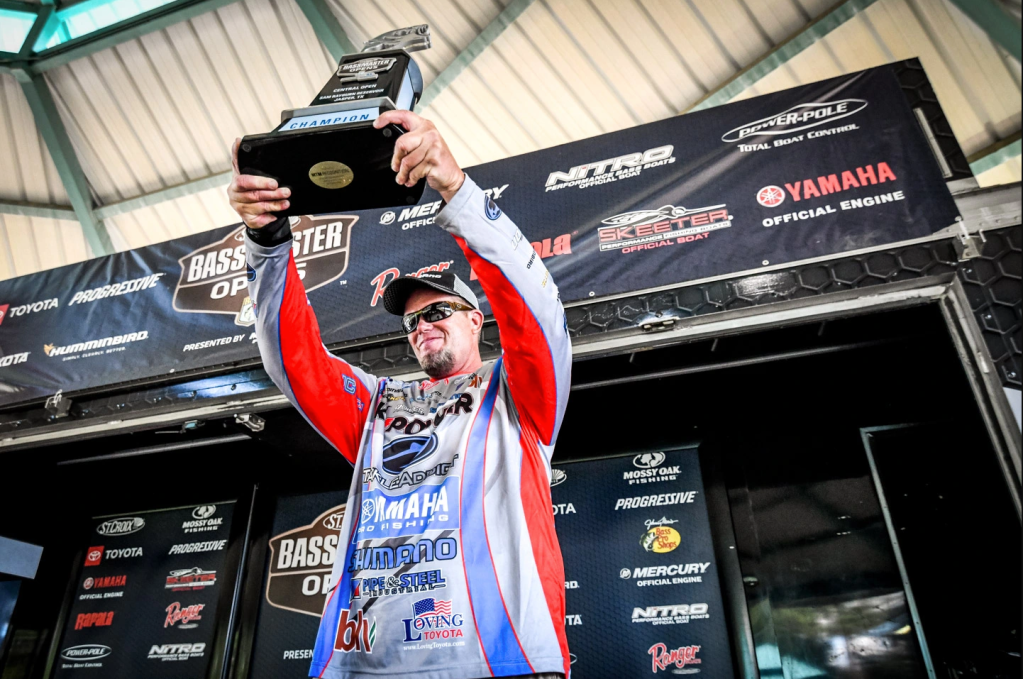
Keith Combs agrees you have to step on the gas, but he stresses a measured approach that prevents a hopeless situation.
“You can try too hard and you end up fishing too fast,” Combs said. “I think it’s more of a marathon; you’ve got stay in it, but you must stay close too. Especially on the Tennessee River, you’re not going to be able to get 10 pounds behind (and remain in contention). You’ve got to stay within 3 to 5 pounds of the lead.”
Goal setting
Cherry said Classic success starts well before the Day 1 takeoff.
“Personally, I prepare to win the Classic; I practice just to win that tournament,” Cherry said. “I think you see guys that will take chances that they wouldn’t take throughout the year in that tournament. I think that’s what makes it so interesting.
“Usually, in an Elite event, you have to put five in the boat. If you don’t have five, you can’t cull. But in the Classic, there’s no points, you’re not looking ahead or following a schedule. It’s just, ‘I’m here this week, I’ve got to win.’”
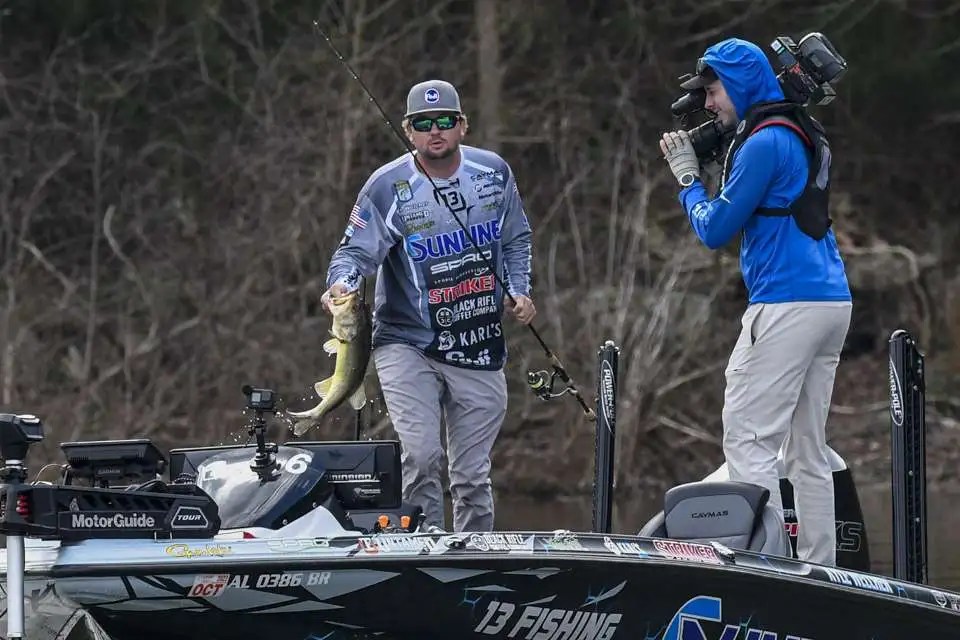
Kyle Welcher, who placed second at last year’s Classic on Lake Hartwell, balances aggression with discipline. After sharing the Day 2 lead with eventual winner Jason Christie, Welcher ended up 5 ounces short. Despite the letdown, he said the experience crystalized a critical element of tournament success — particularly for the Bassmaster Classic.
“My main takeaway from (the 2022 Classic) was just how much time management and doing all the little things correctly adds up,” Welcher said. “In every tournament, time management is extremely important, but at the Classic there are even more things that take up your time. Doing all the small things right adds up that week.”
Big bite impact
Combs appreciates a better-than-average fish anytime he’s competing, but he puts a premium on Classic kickers.
“If you can catch a break, maybe catch a 7-pounder, that makes a big difference in the Classic. Over four days of an Elite event, that weight can be diluted, whereas over three days in the Classic, it can carry you to a win.”
Cherry’s thoughts: “A big fish gets the ball rolling in any event, but when you do that in the Classic, on that stage, the amount of confidence it gives you, the adrenaline that shoots through you — you can’t explain it.”
Keep it loose
Failing to plan is planning to fail. This postulate certainly fits the Classic, and Cherry is quick to stress the flexibility factor.
“You know what you prepared for, but you don’t know what’s coming, so you have to be willing to change on a dime,” Cherry said. “Both the Classics that I won, I did something on Day 1 that didn’t end up holding up the rest of the tournament, so I ended up doing something different on Days 2 and 3.”
Making his ninth Classic appearance, Combs said this championship event often encourages bold departure.
“Because there are no points involved, it’s all-in,” he said. “On the Elite Series, if, based on practice, I don’t feel I can win this thing, I’m okay with just doing the best I can, getting a good check and some good points and moving on to the next one.
“But in Classic, if I catch a moderate bag the first day and I feel like I can do the same thing the next day, but it would take me away from winning it, I’m going to go try something else to make something big happen.”
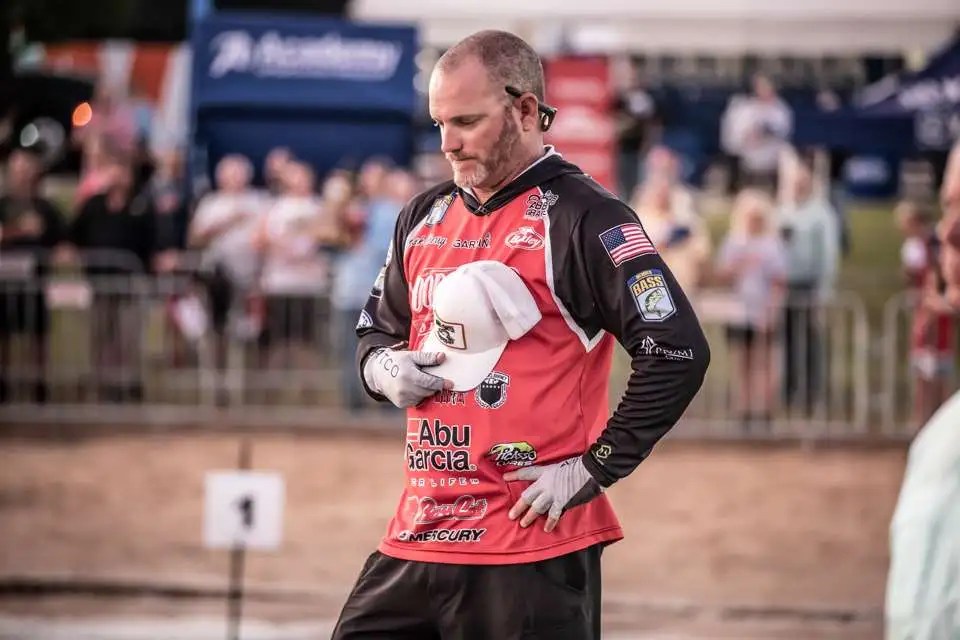
Mental firewall
Cherry’s not downplaying the enormity of Classic competition, but he finds his time on the water far less stressful than his time ashore.
“The pressure actually comes from the outside interference where they actually make it more of a dog and pony show than an actual tournament, because you’re having to go do this, you’re having to go do that, you’re having to be here, you’re having to be there,” Cherry said. “It takes away all your feel for a normal event.
“So, pretty much a week out, you’re having to establish a pattern that will hold up with possible weather changes. That’s really hard, especially that early in the year because lots of things happen — weather changes, winds change, the drawdowns could be filling back up.”
That’s a lot to mentally manage, but Cherry has learned the importance of compartmentalization. It’s hard not to enjoy the spirit and spectacle of the sport’s grandest event, but parties end, sponsor dinners end, Media Day, fan interaction — at some point, it all ends.
A Classic win is forever. Having twice held this life-changing trophy, Cherry is convinced that the most valuable tool an angler can bring is airtight focus.
“I think the guy who hones in and does his job the quietest and the most confidently, usually one of those guys ends up winning,” he said. “You don’t necessarily have to block it all out, but you have to take it for what it is.
“I’ve seen guys show up at the Classic — and not just first-timers — and they let the event become bigger than what they do. Once that happens, they’re done. You can look at how some guys behave at Rules Night; some are just so giddy and so happy to be there. You’re not worried about those guys at all.”
A view from the top
Combs believes in keeping his cool, but he also knows that if Classic competition doesn’t spur the heart and mind, something’s wrong.
“I know guys will say it’s just another tournament, but the entire fishing world and all your friends, family and sponsors are watching that event; they’re watching you,” Combs said. “You only get so many chances to win a Classic, and that’s the ultimate goal.”
Even with two Classic titles, Cherry maintains his zeal. If anything, climbing the mountain increases the desire.
“Until you’re in those shoes, you don’t understand the years of hard work that everyone puts into it,” Cherry said. “For the culmination of that to happen, it’s just amazing. I’ve compared it to the birth of a child; it’s on a different level, but it’s the same rush of emotion.
“You have thoughts of when you were 11 years old and it might be your first tournament, or a certain fish you caught. You have 10,000 thoughts of what just happened.”
After the confetti settles, the thunderous applause subsides and the tears of joy cease, the moment only 52 anglers have experienced leaves one final challenge.
“Right after you win, you have to be Mr. Wizard, because you have to give speeches and that’s the hard part,” Cherry said. “The hardest part is talking to the audience after you win.”
That said, lifting the sport’s most prized piece of hardware makes it all — both sides of that final weigh-in — worthwhile.
“The rush of emotion; it’s just the highest of highs,” Cherry said.
And it only comes through a do-or-die commitment.

